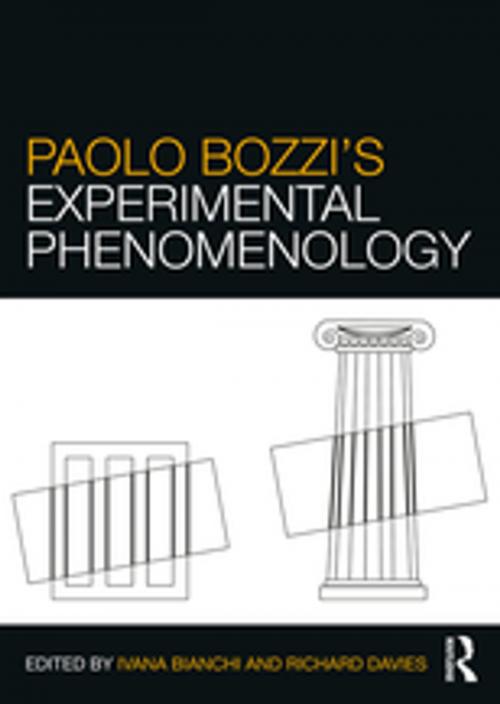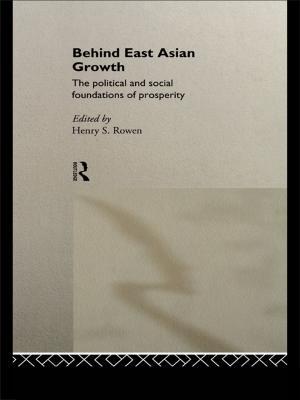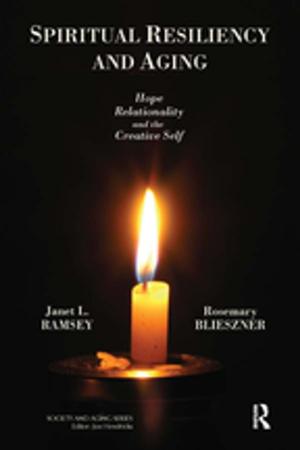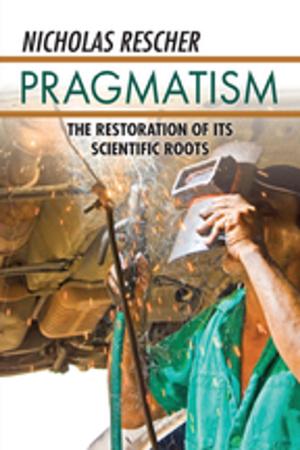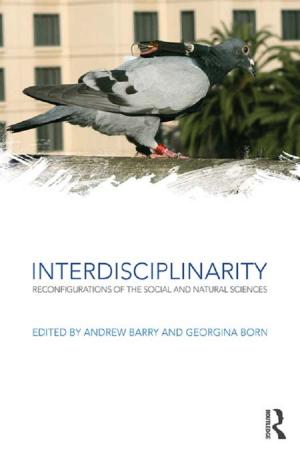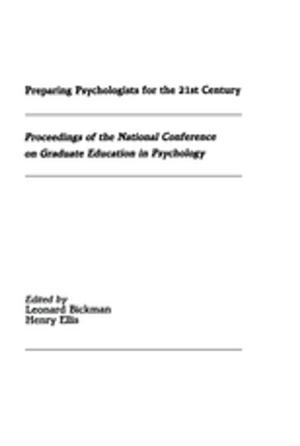Paolo Bozzi’s Experimental Phenomenology
Nonfiction, Health & Well Being, Psychology, Cognitive Psychology| Author: | ISBN: | 9781351232296 | |
| Publisher: | Taylor and Francis | Publication: | October 9, 2018 |
| Imprint: | Routledge | Language: | English |
| Author: | |
| ISBN: | 9781351232296 |
| Publisher: | Taylor and Francis |
| Publication: | October 9, 2018 |
| Imprint: | Routledge |
| Language: | English |
This anthology translates eighteen papers by Italian philosopher and experimental psychologist Paolo Bozzi (1930-2003), bringing his distinctive and influential ideas to an English-speaking audience for the first time. The papers cover a range of methodological and experimental questions concerning the phenomenology of perception and their theoretical implications, with each one followed by commentary from leading international experts. In his laboratory work, Bozzi investigated visual and auditory perception, such as our responses to pendular motion and bodies in freefall, afterimages, transparency effects, and grouping effects in dot lattices and among sounds (musical notes). Reflecting on the results of his enquiries against the background of traditional approaches to experimentation in these fields, Bozzi took a unique realist stance that challenges accepted approaches to perception, arguing that experimental phenomenology is neither a science of the perceptual process nor a science of the appearances; it is a science of how things are. The writings collected here offer an important resource for psychologists of perception and philosophers, as well as for researchers in cognitive science.
This anthology translates eighteen papers by Italian philosopher and experimental psychologist Paolo Bozzi (1930-2003), bringing his distinctive and influential ideas to an English-speaking audience for the first time. The papers cover a range of methodological and experimental questions concerning the phenomenology of perception and their theoretical implications, with each one followed by commentary from leading international experts. In his laboratory work, Bozzi investigated visual and auditory perception, such as our responses to pendular motion and bodies in freefall, afterimages, transparency effects, and grouping effects in dot lattices and among sounds (musical notes). Reflecting on the results of his enquiries against the background of traditional approaches to experimentation in these fields, Bozzi took a unique realist stance that challenges accepted approaches to perception, arguing that experimental phenomenology is neither a science of the perceptual process nor a science of the appearances; it is a science of how things are. The writings collected here offer an important resource for psychologists of perception and philosophers, as well as for researchers in cognitive science.
